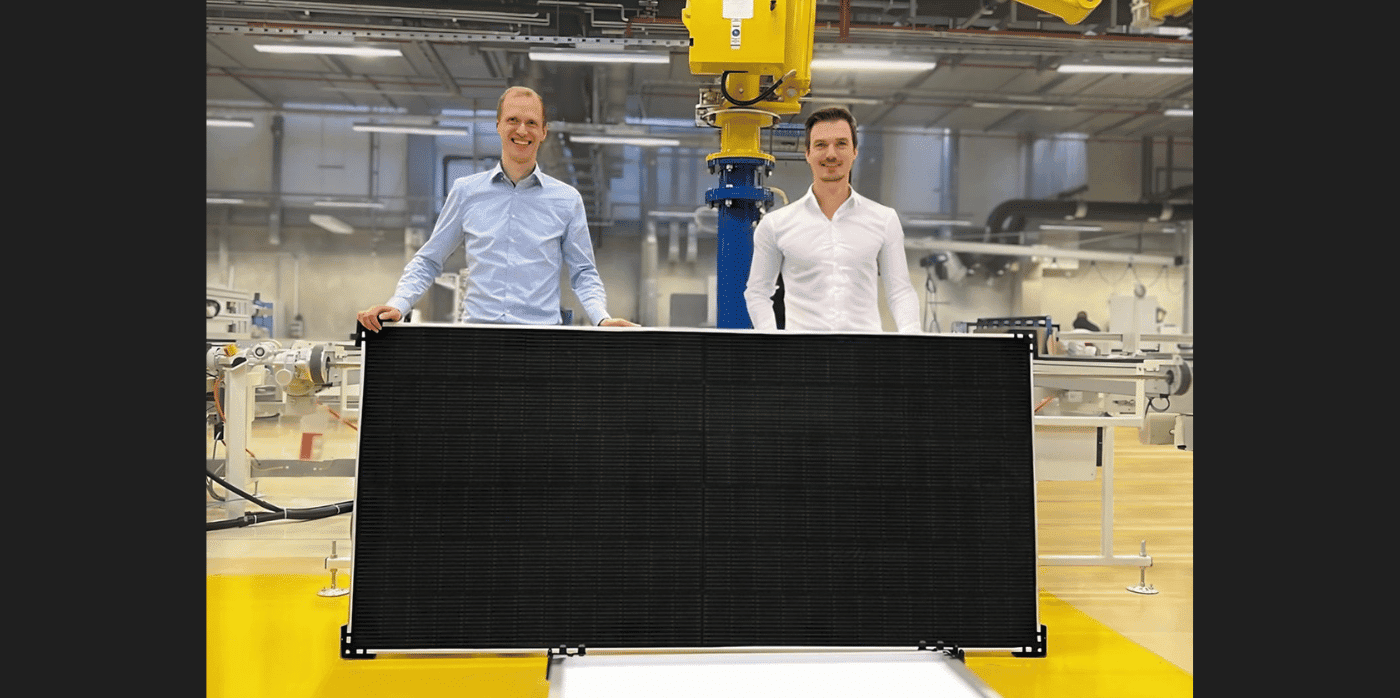
Spotted: Most top-end solar panels today work at an efficiency rate of around 23 per cent, and if there was a big jump in that rate, it would be a significant boon for global decarbonisation efforts. Right now, experts predict that renewable energy sources will provide 35 per cent of the world’s power by 2025.
With an anti-reflective coating applied directly to the top glass layer of photovoltaic arrays, German energy technology company Phytonics is helping improve the efficiency of standard solar panels. The company’s coating could improve each system’s annual yield by 5 to 10 per cent.
Inspired by the efficient and robust nature of plant photosynthesis, the startup – a spin-out from the Karlsruhe Institute of Technology (KIT) – has used nature’s designs as a starting point for its proprietary technology. The coating combines micro- and nano-technology elements to replicate the sunlight-absorbing capability of rose petals. Available for use with all sizes of energy systems and wavelengths of light, the coating reduces glare from every angle. It also helps extend the lifespan of panels by adding an additional layer of protection from the elements.
The laminating foil is applied during the solar panel production process and is currently in-situ in two different locations. The company encourages anyone interested in participating in retrofitting sites to get in touch for more information as the process develops. In mid-2023, the company began building its first commercial pilot production facility.
From panels that work in the shade to nanogrids that work off-grid, the versatility of solar power is showcased in a variety of innovations in Springwise’s library.
Written By: Keely Khoury

